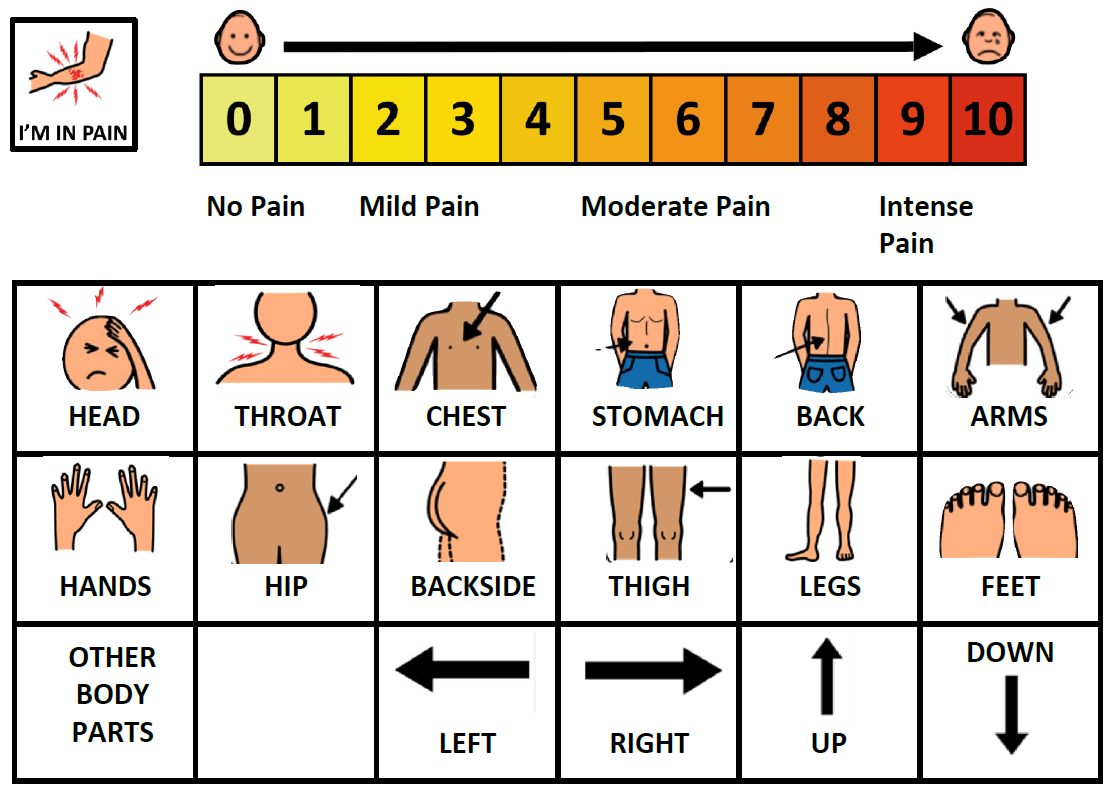Useful English vocabulary for going to the doctor (with body parts, symptoms, and illness names)

I don’t know about you, but I hate going to the doctor! Yet, no matter what I tell myself, I know certain symptoms and incidents need to be treated by a doctor.
That is why, when visiting the doctor, it is important that you know how to explain your symptoms(What is meaning of Symptoms?) by using the correct vocabulary.
How to Talk About Sickness in English?
When learning to speak English, it is important to learn different ways to express the same thing, because it will help native English speakers to better understand what you are trying to say or explain.
Let’s have a look at some common phrases and expressions used to say you are sick:
- “I am very / a little / kind of / terribly / extremely sick”.
- “I feel very / kind of / terribly / extremely sick”.
- “I am sick as a dog” (This is a common expression that means you are very sick)
- “I have a cold”.
- “I am feeling under the weather”. (This is a popular idiom used to say you are sick)
- “I am ill / not well”.
- “I might be coming down with something”. (This expression is used when you are not sure if you are sick, but you are starting to feel ill)
What Are the Common Symptoms of Illness?
You can normally tell you are coming down with something when you start to experience any of the following symptoms:
- Fever(High body temperature)
- Chills and Sweats(When you become chilly while sweating)
- Dry or chesty cough(A dry cough has no mucus or phlegm whereas a chesty cough does)
- Sore throat (Painful, scratchy, or irritated feeling in your throat that sometimes hurts when you swallow)
- Shortness of breath(Tight feeling in the chest which can lead to breathlessness)
- Stuffy nose (The feeling of too much pressure in the nose or face)
- Vomiting(To bring up stomach content)
- Constant headache(A constant, irritating pain in the head)
Which Part of My Body Hurts When I Am Sick?
When you are feeling under the weather one of the first things your body will do is to tell you. Body pain is a common symptom and side effect of many illnesses.
It is very important that you know which part of your body hurts so that when the doctor asks you where you have pain, you will easily be able to tell him/her.
Have a look at the picture below to help you easily identify which part of your body hurts.

How Do You Explain Symptoms to A Doctor?
When visiting the doctor, you need to be prepared to answer these 6 main questions that all doctor ask their patients:
- What are your symptoms?
- How do these symptoms make you feel?
- How long have you had these symptoms?
- What have you done to try to treat these symptoms?
- Have you noticed any other/new symptoms?
- Do you have any genetic diseases?
It is important that you know how to answer these questions correctly because your answers will help the doctor better understand what illness you might have. Your answers will also determine what treatment and medicine you will need to get better.
What Are the Names and Symptoms of Some Common Illnesses?
There are some illnesses that people experience every few months. Doctors have learned to easily identify these common illnesses purely based on their symptoms.
Here are some of the most treated illnesses:
- Acute Bronchitis (A chest cold, cough or mucus)
- Common cold (Sneezing, a runny/stuffy nose, sore throat, and a cough)
- Ear infection (Ear pain and fever)
- Influenza also known as the flu(Fever, body pain, cough, sore throat, runny/stuffy nose, and headaches)
- Sinus infection (Runny/stuffy nose, pressure in your head and/or face, sore throat, and coughing)
Going to the doctor is never fun, but knowing how to explain what symptoms you have, and which parts of your body are in pain can help make your doctor’s visit go by smoother and quicker.
So, next time you visit the doctor be sure to use the correct vocabulary and phrases.
If you want to learn medical English watch "The Good Doctor" to acquire new terminology about ailments that people experience but don't know the names of.


